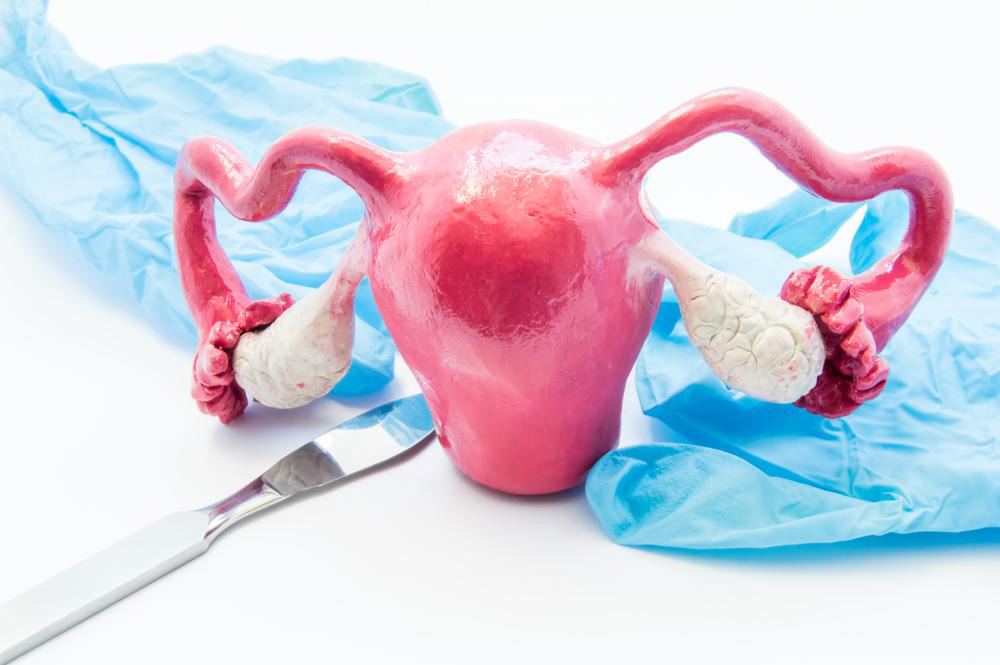Potential Complications of Tubal Reversal Procedures
This article discusses the potential risks of tubal reversal surgery, including ectopic pregnancy, infection, and excessive bleeding. It emphasizes the importance of medical supervision and prompt care for post-operative complications to ensure safe recovery and successful conception.
Sponsored

Understanding the Risks Associated with Tubal Reversal Surgery
Many women choose to reverse tubal ligation to restore fertility, but this procedure carries certain risks. While success rates vary, complications can occur. Common issues include a higher likelihood of ectopic pregnancies, where the embryo develops outside the womb.
If pregnancy is suspected post-surgery, close medical monitoring is essential. Tracking HCG levels and ultrasound scans help ensure the pregnancy is progressing correctly.
Another concern is post-operative infection. Approximately 5% of patients may experience infections at the surgical site, usually caused by bacteria possibly introduced during surgery. Symptoms include fever, redness, swelling, pain, warmth, or slow healing. Prompt medical attention is crucial to prevent serious complications.
Bleeding is another risk; while some bleeding is normal, excessive bleeding exceeding menstrual flow can be dangerous. Severe bleeding might require blood transfusion and can sometimes be life-threatening. Patients should report any abnormal bleeding immediately, especially if it persists or worsens.





